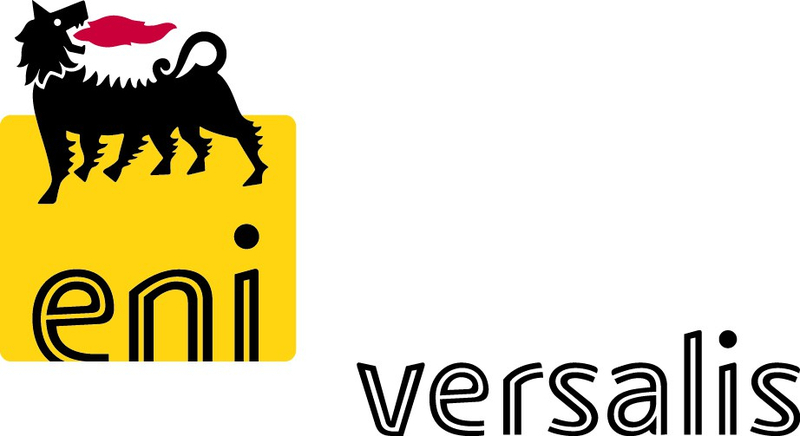
GEF earmarks $204.3 m to help UNDP scale up efforts for climate resilient future
The Global Environment Facility (GEF) has just approved $204.3 million for the United Nations Development ...

Versalis, Eni’s chemicals company, made several pledges to combat plastic pollution and depend on circular economy in line with the Sustainable Development Goals. The company will use up to 50 percent of recycled materials and its new line of polyethylene and polystyrene products will contain up to 70% of mechanically recycled plastic.
The company has joined the Circular Plastics Alliance (CPA) to actively contribute achieving the ambitious European target of using 10 million tons of recycled plastic in new products by 2025.
The aim of the alliance, promoted by the European Commission, with numerous member companies and associations across the value chain, is to boost plastic recycling in Europe and at the same time develop the market for secondary raw materials.
By joining CPA, Versalis has submitted its voluntary pledges in line with its circular economy strategy that is defined by three main pillars; eco-design, recycling technologies and alternative feedstocks.
With regard to eco-design, Versalis has committed to using at least half of its packaging, for transporting products on pallets and in containers, with up to 50% of recycled material.
In the recycling and feedstock diversification areas, Versalis has committed to increasing the production capacity of Versalis Revive, its new line of polyethylene and polystyrene products, to contain up to 70% of mechanically recycled plastic.
Furthermore, to boost the recovery and recycling of all types of plastics that cannot be mechanically treated, Versalis has pledged to develop a new chemical recycling technology to transform mixed plastic waste into raw material to manufacture new virgin polymers, identical to those originating from fossil sources and suitable for all applications, including those that require high quality and performance, like food packaging.
Versalis’ pledges also include assessments conducted by certified life cycle analysis (LCA) to prove the effective sustainability of all the initiatives undertaken, in addition to raising awareness of the responsible use of plastics in daily activities amongst its employees.
The Global Environment Facility (GEF) has just approved $204.3 million for the United Nations Development ...
The European Bank for Reconstruction and Development (EBRD) is promoting renewable energy and low‑carbon technologies ...
Vodafone Foundation has pledged €30,000 to Save the Children in response to the devastation caused ...


اترك تعليقا